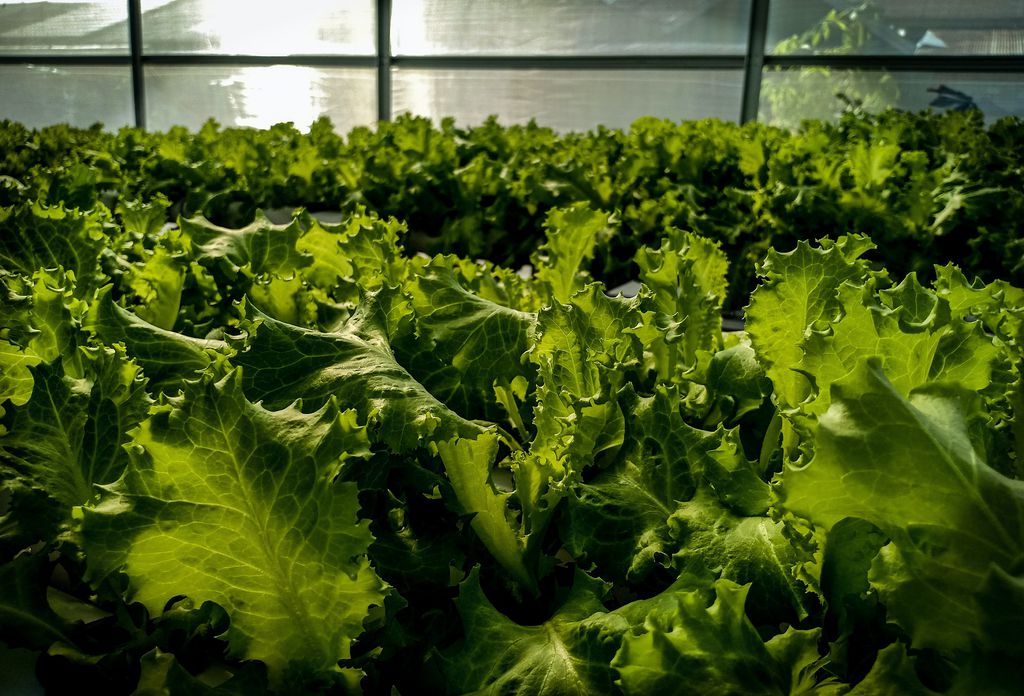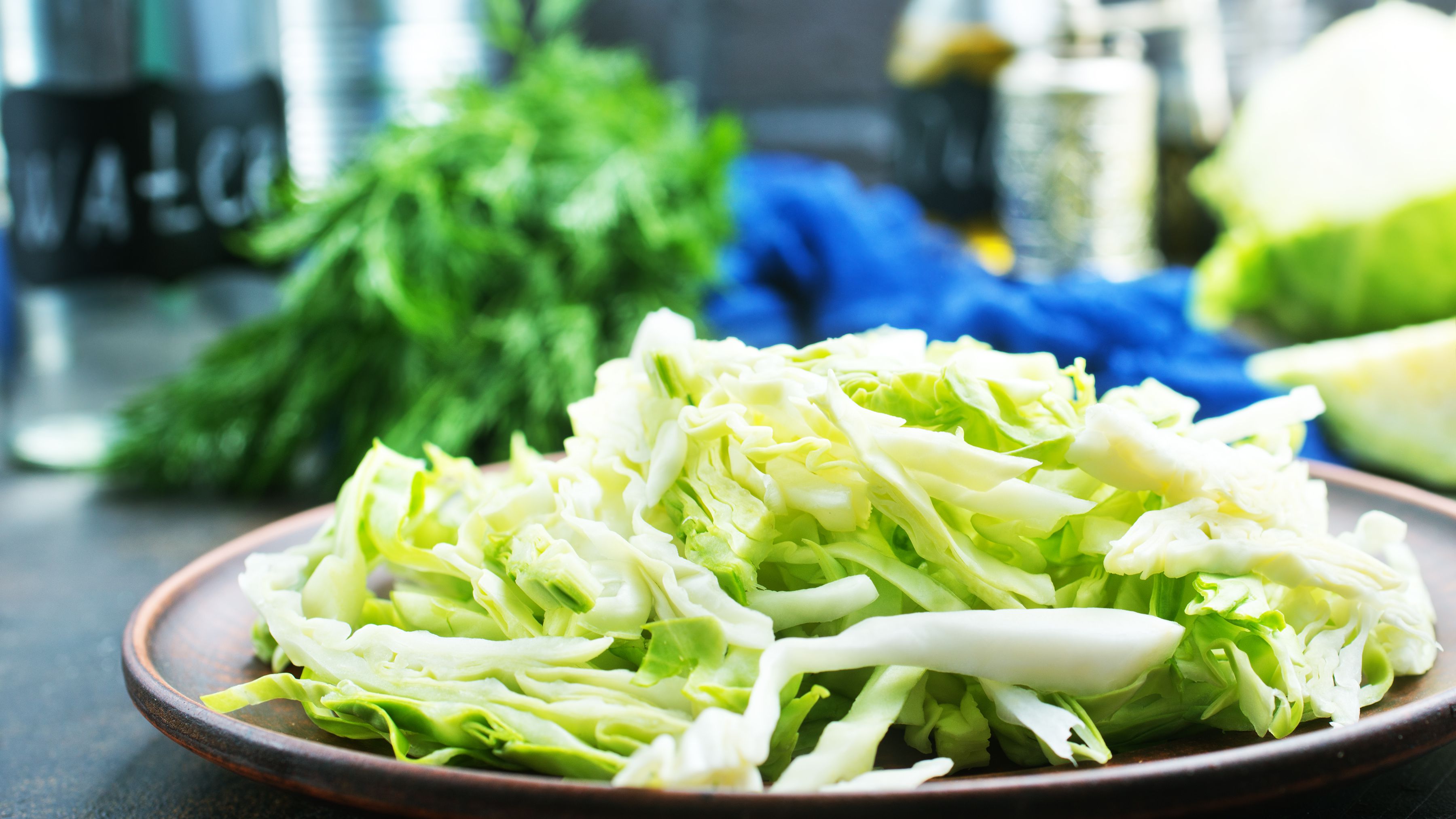Eating salad, vegetables and legumes is essential for health. Although this habit reduces the risk of many diseases, such as colorectal cancer, and increases longevity, not everyone can include these elements in their diet. What is even more interesting is that there is a scientific explanation behind this rejection of healthy food.
Simply put, during human evolution, our species began to consider foods that provided more energy to be tastier. This is certainly not the case with legumes and vegetables.
Today, with ultra-processed foods, with high doses of sugar and fat – making them highly energizing – the taste of salad may seem off-putting to some people, explains Emma Beckett, a scientist and senior professor at the University of California. University of Newcastle, Australia.
Why don't we like power?
“We have evolved to appreciate the sweet or umami flavor of high-energy foods because hunger represents more of an immediate risk than long-term health,” Beckett says in an article for the platform. Conversation.
As mentioned earlier, vegetables are not particularly beneficial in providing energy to the body and, therefore, are not immediately classified as delicious by the taste buds, which the teacher refers to as “unfortunate.”
After all, any vegetable is full of dietary fiber, vitamins and minerals, as well as compounds known as bioactive substances or phytonutrients. This last group is responsible for giving vegetables a bitter taste to the taste of some people.
To understand this, phytonutrients are produced by plants, such as lettuce or arugula, to protect themselves from environmental stress and predators. The paradox is that despite their “bad” and bitter taste, they make vegetables beneficial to human health, with many antioxidant and anti-inflammatory properties.

The point is that, over thousands of years, “the bitter taste evolved to protect us from toxins, and perhaps from excessive consumption of a single plant food.” [potencialmente tóxico]”, suggests Beckett. Therefore, it is necessary to actively overcome this unpleasant flavour, which is a potential defense strategy for the vegetable itself.
Scientists are also testing how to change the genes of some vegetables to improve their flavour. One of the goals of this research is to reduce levels of glucosinolates, a chemical responsible for bitterness, and which is classified as a phytonutrient.
Is the explanation found in the genes?
Another interesting issue is that for some people, the bitter taste of vegetables is much stronger, which can be explained through genetic analysis.
“Humans have at least 25 different receptors to detect bitterness, and each of us has our own genetic makeup. Therefore, some people actually taste some bitter compounds, while others hardly recognize them,” notes the professor.
Training taste buds
Regardless of the evolutionary explanation or genetic issue, it is possible to train taste buds and teach the brain to love a good salad, Beckett advises.
“Repeated exposure to bitter foods can help us adapt over time. It helps our brains learn that bitter vegetables are not toxic,” he adds.
As a result of this increased consumption of vegetables, enzymes and other proteins found in saliva also change, which may lead to a positive change in the way different food compounds are processed and detected by taste buds.
The Australian researcher adds: “It is not clear exactly how this all works, but it is similar to other cognitive behavioral training.”
How to improve the taste of salad?

Among the tips for adapting to the taste of vegetables, the idea is to use spices, especially during the adaptation stage, such as black pepper in salads. It is also helpful to use small doses of salt and fats, such as olive oil. It may be helpful to enhance salads with fruits, such as mango, to improve flavour, especially for those who experience a more intensely bitter taste.
source: Conversation

“Wannabe internet buff. Future teen idol. Hardcore zombie guru. Gamer. Avid creator. Entrepreneur. Bacon ninja.”

